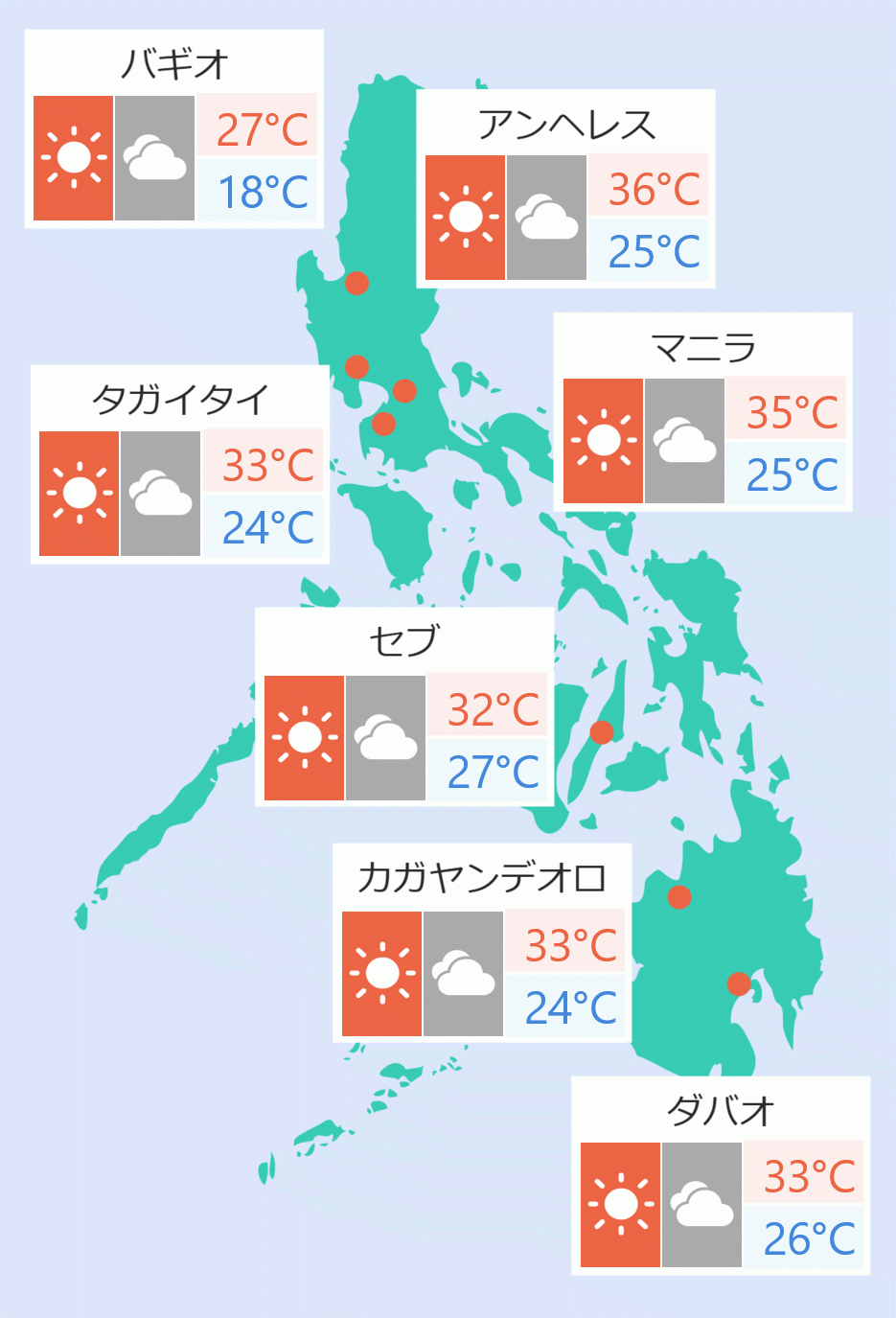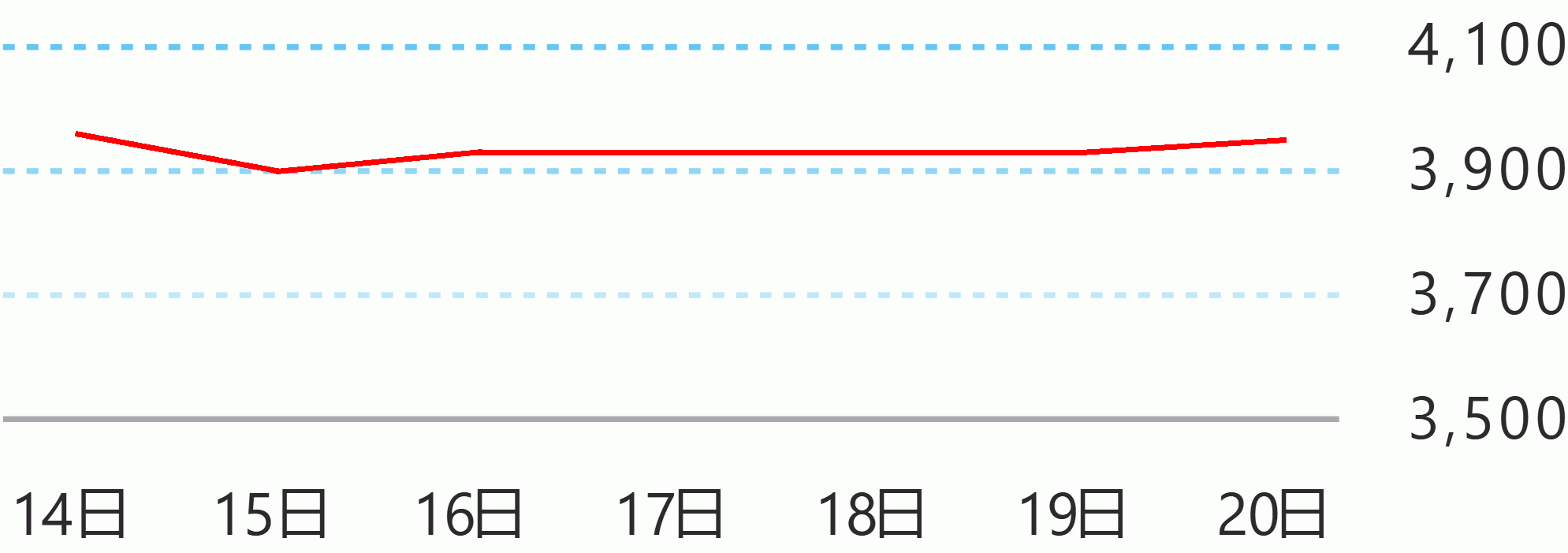A Japanese professor on Tuesday said their study showed that about ''one-third'' of President Rodrigo Duterte’s approval rating came from people who appear not to be giving truthful answers in surveys.
In an online forum, Yuko Kasuya, professor of Political Science at Keio University in Tokyo, said their research seeks to determine if survey respondents are showing their preference to Duterte due to ''social desirability bias''.
Kasuya said Duterte is included in their study as he continues to be very popular, citing Pulse Asia’s September 2020 survey showing that the president’s approval rating was 91 percent.
“Social Desirability Bias (SDB) or also known as preference falsification refers to the desire of respondents to avoid embarrassment and project a favorable image to others,” Kasuya said.
“Susceptibility of SDB is a climate of fear and another factor suggested by a team of economist… is herd behavior. This is basically equivalent to bandwagoning,” Kasuya said.
Kasuya said many people were either publicly commenting or quietly suspecting that there is SDB in face-to-face surveys.
“Face-to-face surveys may have something to do with the sensitivity of Filipinos because Filipino people in general are very sensitive to cultural context and they try not to embarrass people,” she said.
“Our conclusion is that about one-third of Duterte’s approval rating came from social desirability bias as of early 2021,” she said.
Kasuya said the results of their paper may imply that support for Duterte may wane quickly when people perceive that he is no longer popular.
“I might be wrong and I would like to hear what other people would say but like what happened to (former President Joseph) Estrada in 2000- 2001, once a tide changes, his popularity might dwindle,” she said.
“High support to authoritarian incumbents should not be interpreted as an indication that voters are giving up democracy,” she added.
Kasuya said their study is limited to Metro Manila residents only.
“Among poor and low income residents in Metro Manila, those who perceive people in their community are satisfied with President Duterte registered higher presidential satisfaction,” she said.
She said Filipinos who believe their neighbors who support Duterte were more likely to succumb to social desirability bias.
Kasuya clarified that their research study is not intended to trivialize the morals of the Filipino people.
“I would like to say there is a distinction between being brainwashed and falsifying preference and what we figure out, we are not showing that Filipinos are brainwashed by propaganda but people are smartly protecting their real preferences by not showing or revealing (it) … (And) that’s what our survey reveals,” she explained. Ella Dionisio/DMS





 English
English










